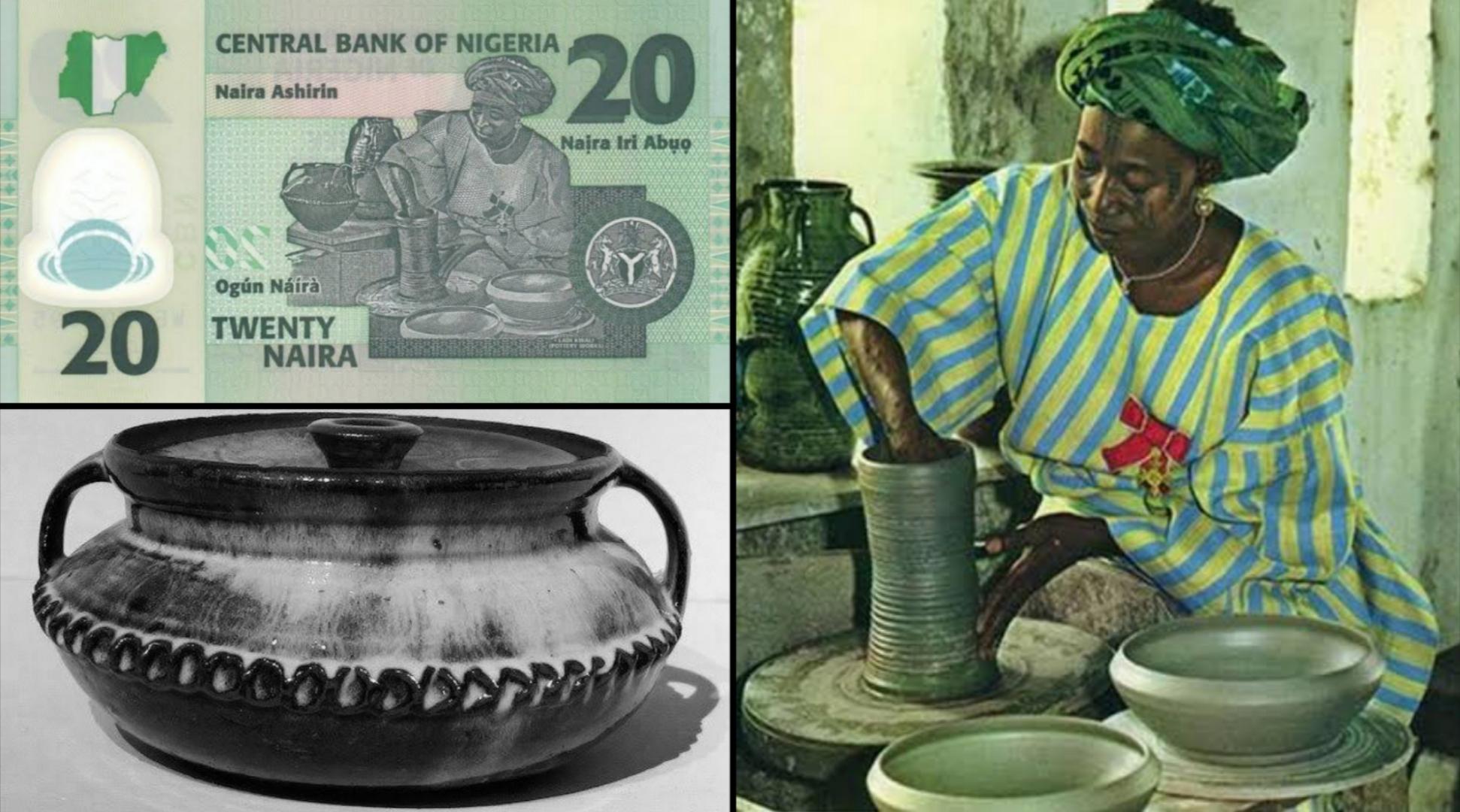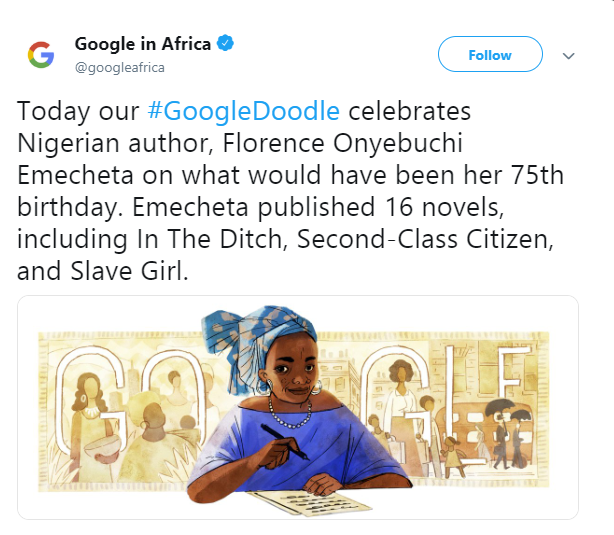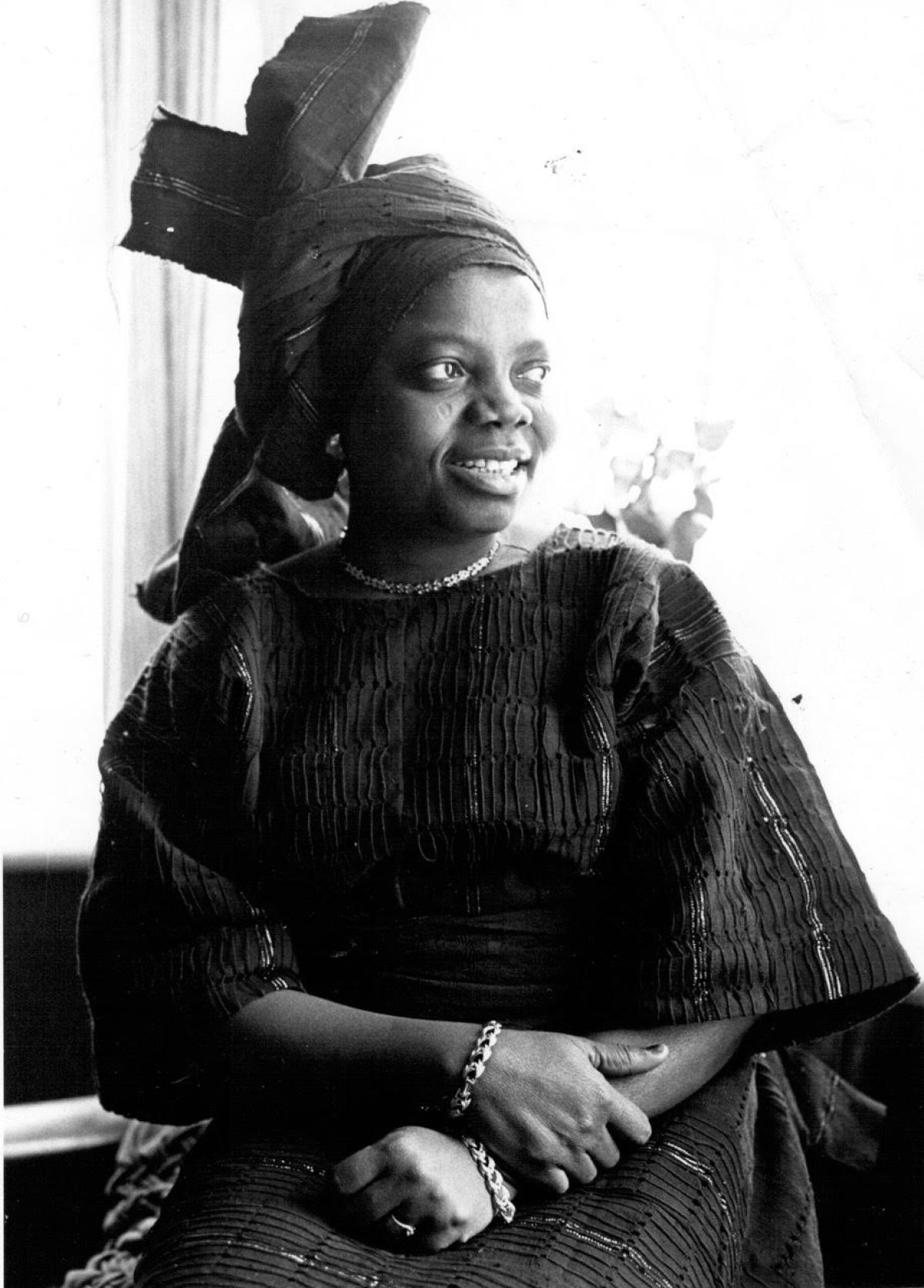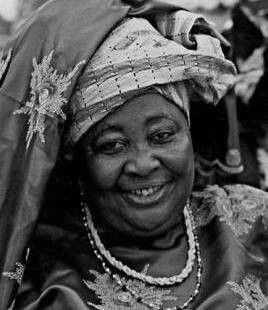Unsung but Unforgotten (Part 1)

Not all heroes wear capes. Some are women have challenged the status quo, walked incredibly tortuous paths, and surmounted great odds, setting the tone and raising the bar on women’s abilities to change their immediate society and the world. For the women we will be portraying here, their exemplary actions are even more laudable because they walked such paths laden with difficulties at a time when patriarchal ideologies were deeply entrenched in Nigeria and strongly influenced the dynamics of society and politics in Nigeria.
This is a brief exposition of some Nigerian women who have flown the green-white-green flag with such beauty and bravery, inscribing their identities in the annals of history and becoming immortalized.
Ladi Kwali
A woman born to a simple tribe known for pottery, she learned the trade from her people and made a name for herself. Ladi Kwali was a renowned potter and the first Nigerian to bring Nigerian pottery to the global scene with the help of Michael Cardew, her mentor.
She achieved international recognition for her works and taught at several art schools despite her lack of a formal education for which she received several embellishments in the years of her life such as the Officer of the Order of the Niger (OON), Member of the Order of the British Empire (MBE), amongst other honorary decorations. She is also the first woman to be featured on the Naira note- the back of the 20 Naira note to be precise. With her art, she told her story; the African story. By extension, she is a woman worthy of emulation.

Buchi Emecheta
Emecheta, famously known for being a prolific writer was born in Lagos, Nigeria, and was orphaned at the tender age of 11. Due to her peculiar situation, she was married at 16. Both husband and wife later moved to the United kingdom when she was 18. She later left the marriage because of the abuse she suffered from her husband, who went as far as burning her early writings.
Leaving her husband placed Buchi in a precarious position. She now had to fend for herself and her five children in a strange land. But somehow she did this excellently whilst studying for a degree in sociology and also crafting acclaimed stories that vividly depicted the reality of the African woman. Her stories touched on themes of inequality faced by Black women in their immediate society especially Black women who were immigrants in the United Kingdom, where she found herself.
A storyteller par excellence, she was a truly uncommon find. One time when she was asked how she managed to do the things she did despite having five children to cater for, her simple response was this, “I get up early in the morning.” She was a simple person with a not-so-simple mind.
Her courageous writing illuminated the Black women’s struggles and readers were inevitably drawn to that light. In the wake of her success, she began teaching her craft storytelling stories to the younger generation at several universities at home and abroad. Some of her popular books included Second Class Citizen (1974), The Slave Girl (1977), and The Joys of Motherhood (1979).
In her lifetime, she was recognized and honored in several capacities. Among them was the Jock Campbell Prize; the Most Excellent Order of the British Empire—a testament to her contribution to literature. On July 21, 2019, the late authour was recognised by Google Doodle on what would have been her 75th Birthday.


Margaret Ekpo
Margaret Ekpo, a pioneer of women’s rights in Nigeria, was among the first women to embody feminist ideology. From organizing market women in Aba to fight against oppression to being the only woman to speak at a political rally alongside political leaders like Nnamdi Azikiwe and Sir Herbert Macaulay, Margaret was a fearless visionary who believed women should have the same agency as men.
She was among the first Nigerian women to enter the male-dominated political scene. Her political journey began when her husband developed a strong aversion for political meetings he was supposed to take part in, refusing to attend. Courageously, she took his place, attending in his stead, a bold move in pre-independence Nigeria.
She quickly became involved in politics, establishing the Aba Township Women Association and playing a key role in the Enugu Colliery massacre. Before this, she educated and empowered young women in dressmaking and home economics.
Her efforts to advance women’s rights garnered significant support, leading to her election to the Eastern Regional House of Assembly. This provided her with a larger platform to advocate for women’s issues.
Ekpo received numerous awards throughout her lifetime, including the National Officer of the Order of Niger (NOON) and Commander of the Order of Federal Republic (OFR). An airport was named after her to honor her legacy.

Gambo Sawaba
Known as the most imprisoned politician in Nigeria, Gambo Sawaba was born in Niger and experienced a typical northern Nigerian childhood. Despite being married at the tender age of 13 to a man who abandoned her after the birth of their first child, she remained defiant and dedicated to defending the rights of others. “Sawaba” which means “freedom” had been a nickname given by her mentor, Mallam Aminu Kano, in recognition of her unwavering spirit.
Sawaba became involved in politics at 17, joining the opposition party to the dominant party in northern Nigeria. She was a leading figure in the Northern Women’s Liberation Movement, advocating against child marriages, unfair labor practices, and discrimination against women. Her activism led to her being imprisoned 16 times and often subjected to harsh treatment. She was mentored by Funmilayo Ransome-Kuti, who she eventually met in person. Sawaba’s legacy is honored with a general hospital in Zaria, Kaduna State, and a hall at Bayero University.

Funmilayo Ransome-Kuti
Funmilayo Ransome-Kuti was a trailblazer in the fight for women’s equality in Nigeria. Born in Abeokuta, she was the first female student to attend Abeokuta Grammar School. Ransome-Kuti advocated for women’s right to vote and established women’s societies to promote these values. She was also a prominent figure in the anti-colonial movement.
Her leadership in protests and her role in founding organizations like the Nigerian Women’s Union earned her the title “Lioness of Lisabi.” Despite facing numerous challenges, Ransome-Kuti remained committed to her cause. Her children, most notably Fela Kuti, continued her fight for social justice. Ransome-Kuti was awarded the Lenin Peace Prize and the Order of the Niger for her contributions.

When told to the younger generation, these stories would inspire and educate them, while honouring the legacies these women have built and their contributions to politics, society, and humanity. When told to the older generation, they are kept grounded and reminded of the sacrifices that have brought Nigeria thus far. Although their praises aren’t sung enough and their stories seem to fade into the background, there is no denying how their actions have woven their legacies firmly into the fabric of Nigeria’s sociopolitical reality. It’s almost impossible to forget.
